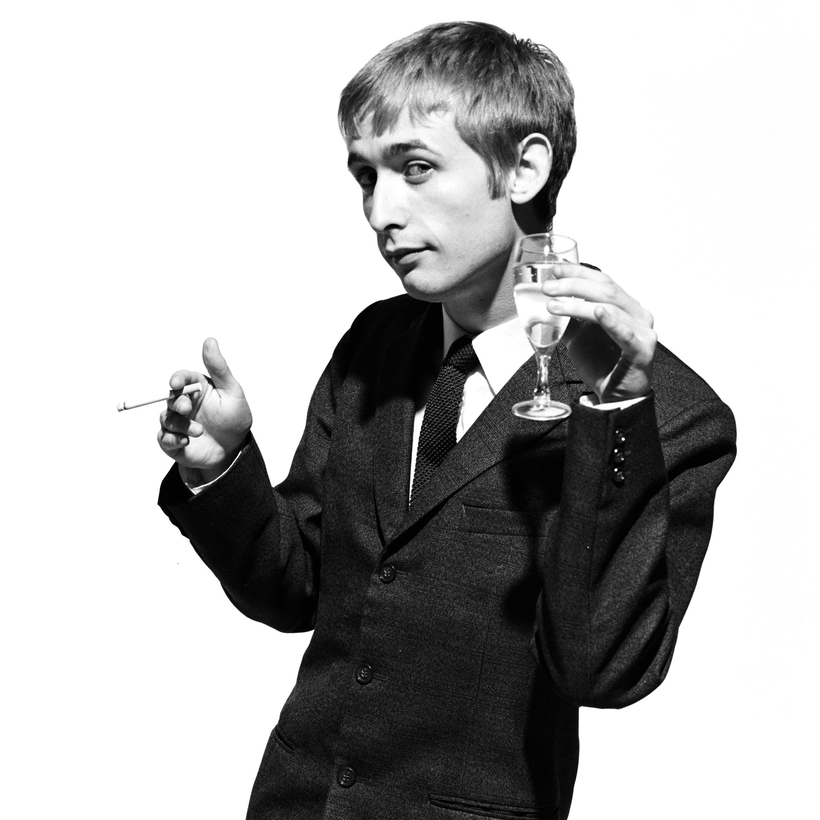For the past 30 years, the Divine Comedy has been peddling a brand of literate English romanticism that blends the orchestral pop of the 60s with the lyricism of Noël Coward. Founded by Northern Irish songwriter Neil Hannon at the height of Brit-pop, the group—of which Hannon is the sole constant member—avoided the beery lad rock of the era and created something intelligent, witty, and lasting. With glowering strings, buoyant horns, and lyrics that mix melancholia with mirth, the Divine Comedy created a sound that wasn’t fashionable but timeless.

